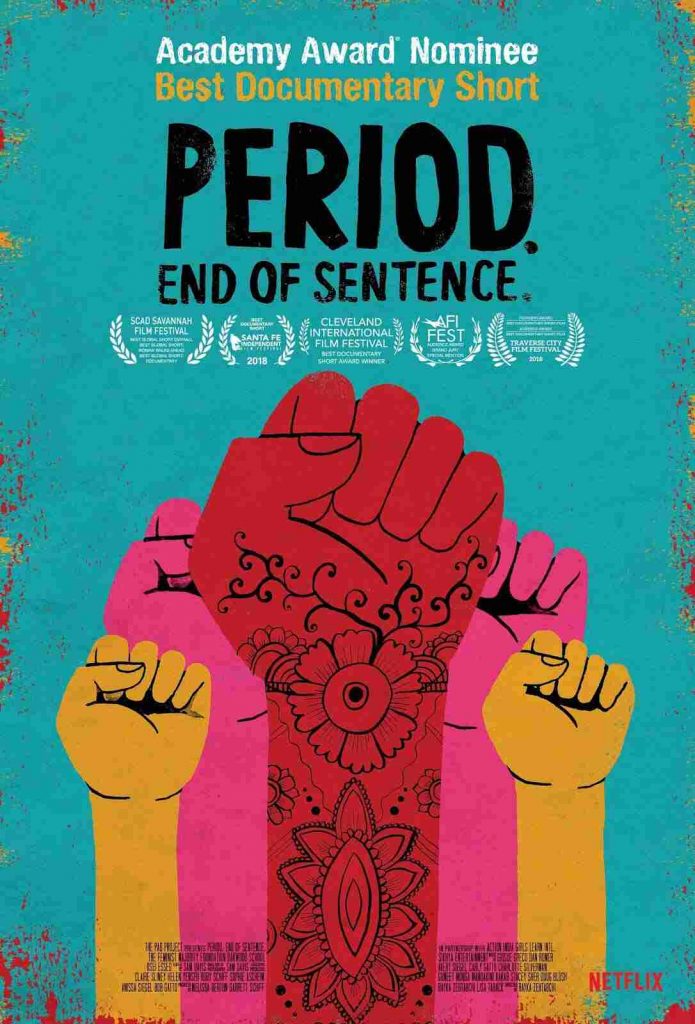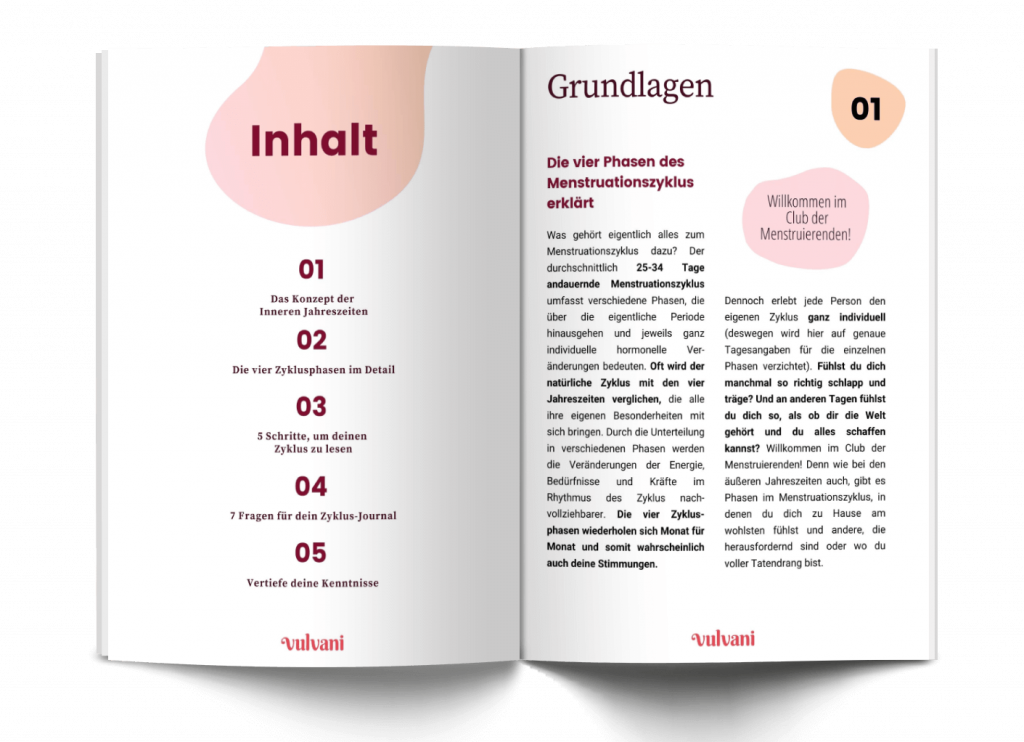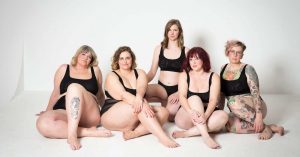
Discovering your menstruation as a spiritual practice
Yasmine understands her menstruation as a spiritual practice and shares in this interview how she is connecting more with her own body through cycle awareness.
Period. End of Sentence is a documentary film about women from Kathikhera, an Indian village outside New Delhi, and their quiet period revolution. It premiered in US film festivals in 2018 and was released on Netflix in 2019. It was funded by Oakwood Secondary School in California and directed by Iranian-American director Rayka Zehtabchi. The documentary film follows them as they receive a sanitary pad machine and use it to increase their physical and financial independence.
In 2013, Melissa Berton, an Oakwood English teacher and producer on Period. End of Sentence, took some students to the United Nations. They were there for the Annual Commission on the Status of Women. There they learned about Arunachalam Muruganantham, the inventor of a machine for producing pads from local resources, at extremely low costs. Muruganantham’s machine uses cellulose from local trees, namely pine wood, to create the absorbent white fluff inside pads. He had been inspired by his wife’s struggle with her own period to make products more accessible. 70% of reproductive diseases in India are caused by poor menstrual hygiene, which severely affects maternal mortality.

The students were inspired to help expand access to menstrual products and education. Upon their return to Los Angeles, they engaged in all sorts of fundraising – kickstarters, bake sales, yogathons – and raised $55,000. They used this to buy one of these sanitary pad machines for Kathikhera. They had enough money to buy three or four, even, though they did not choose that route. As Helen Yenser, Berton’s daughter and one of Period. End of Sentence’s student producers, pointed out, they could go bigger. Making a successful film might be able to generate even more funds for the cause. This was where Period. End of Sentence came in.
The film was directed by Rayka Zehtabchi, an old colleague of one of the student’s parents, and created in collaboration with Action India. Several of the students, as well as their parents, worked on the project and are credited as collaborators as well. It became extremely successful. Furthermore, alongside the film, Berton founded the Pad Project. It has provided nine pad machines in villages across two countries, and they are working to distribute seven machines across four more.
The film itself is an honest depiction of menstruation in Kathikhera, both before and after the introduction of the machine. The director tried to respect the privacy of her subjects, but there are still some striking personal moments. A woman explains the pad to her uncle as a sort of diaper. A group talk about how they have never used a pad before, due to their cost. There is even a moment where a young schoolgirl is asked if she knows what a period is, and freezes in embarrassment.
The main protagonist, a women named Sneha, talks at length about her dreams of joining the police force in Delhi. She has heard of another girl who did so, and it brought her independence and respect that Sneha dreams of. None of the women depicted had ever had jobs before, but they took to their jobs well. They even gained respect in their husbands’ eyes by setting up and running their small business of producing and selling pads. Using the machine both for themselves and to sell their product increased their independence on two fronts. They named their brand ‘Fly’; they said they wanted menstruators to ‘soar.’
The producers were aware that they were making a film about a foreign culture that was not their own and trod carefully. They did not want to pity or condescend to it. The film was shot in Hindi, which Zehtabchi did not speak at all, so she emphasises the vital work of translators in the project. And though she was sometimes shocked by what she learned, the team emphasised that assuming such difficulties are confined to India or Kathikhera is dangerous. This is happening on our own doorsteps as well.
Period. End of Sentence won an Oscar for Best Documentary Short Film. It was a huge success. But Zehtabchi said in an interview with Entertainment Weekly that success was not her focus. She said: “The most valuable thing is not the film’s success, but rather pushing its narrative. We want to have the opportunity to screen this film in schools and organisations to further the cause.” Activism around menstruation is, ultimately, about narratives which normalise it. The film was intended for all menstruators in the developing world or elsewhere who feel ashamed of their periods.
The impact it had on Kathikhera was immense. When the creators of the documentary returned there, six months later, they found further improvement in people’s willingness to talk about menstruation. In Period. End of Sentence itself, one woman mentions she could buy her brother a gift, as she had the finances to do so. Sneha is using the money she earns to fund her training for the Delhi police. Issues with menstruation are a major reason for children dropping out of school in India, so Fly sanitary pads will likely have a massive impact. As Berton said in her Oscar acceptance speech: “A period should end a sentence, not a girl’s education.“
You are in the mood for more movies about period now? Here are some for you:
You have watched the movie? Then write down your opinion on it in the comments! And let us also know, which movie we should watch next!



Yasmine understands her menstruation as a spiritual practice and shares in this interview how she is connecting more with her own body through cycle awareness.

What options are there for male birth control? Ailsa delivers an overview of what is available now, and what may come in the future.

Sustainable underwear? The founders of TUKEA talk about fair labour conditions, body diversity and body literacy.
…and empower countless women to make empowered choices about their bodies!

